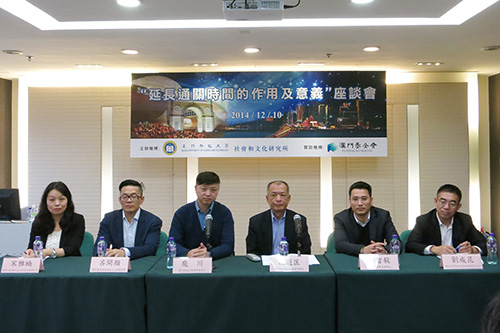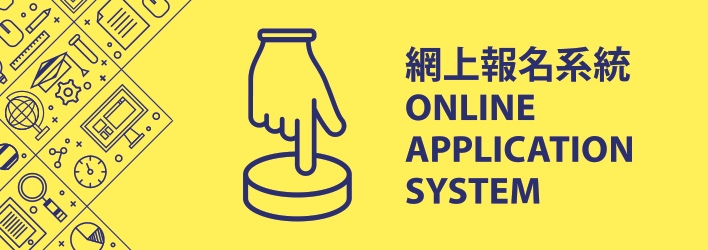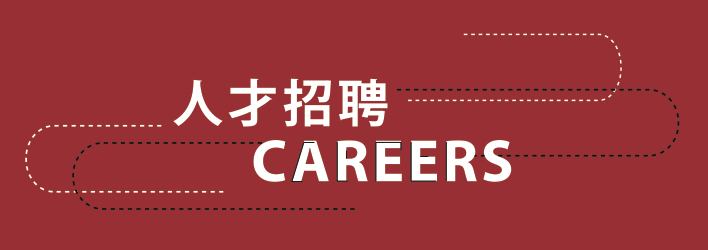Sponsored by the Macao Foundation, organized by the Institute for Social and Cultural Research, MUST., in the afternoon of December 10, 2014, the seminar of “The Effects and Significances of Extending Border Service Hours” was held in Room 1117 of the Alameda Dr. Carlos D Assumpção, Hotline Centre, Macau. The seminar was chaired by Professor Pang Chuan, who is concurrently Vice Associate President, Dean of the School of Graduate Studies, and Vice Dean of the School of Business of MUST; other guests who have attended the seminar included Mr. Leong Tou-hong, Chairman of the Macao Economic Development Promotion Association, Dr. Lao Chi Ngai, President of Macao Economic Association, Dr. Loi Hoi Ngan, Standing Chairman of Macau Development Strategy Research Center, Associate Prof. and Assistant Dean of the MUST Institute for Social and Cultural Research Song Ya Nan, and Associate Prof. Liu Cheng Kun, Director of the Department of Accounting and Finance, School of Business of MUST.
Earlier, the Macao SAR. government officially announced that from December 18, new policy would be put into practice to extend the border service hours at the three Macau-Zhuhai border checkpoints. According to the announcement, the Macau Cotai-Hengqin checkpoint will be open 24 hours seven days a week, the Barrier Gate’s opening hours will be extended by one hour each in the morning and at night, and the Ilha Verde Cross-border Industrial Zone checkpoint will be open from midnight to 7 a.m. every day for Macau residents, students, and mainland Chinese labors.
At the seminar, the scholars expressed their personal insights toward the new practice of extending the opening hours at the border check-points; they all acknowledged that by extending the border service hours, the room for further development in Macau’s tourism, commerce, real-estate, and other industries would be broadened; it was also believed that the new practice would be helpful in breaking the existing economic patterns of dominance by the gaming industry, and help physicalize its policy of moderately diversifying the economy in Macau






